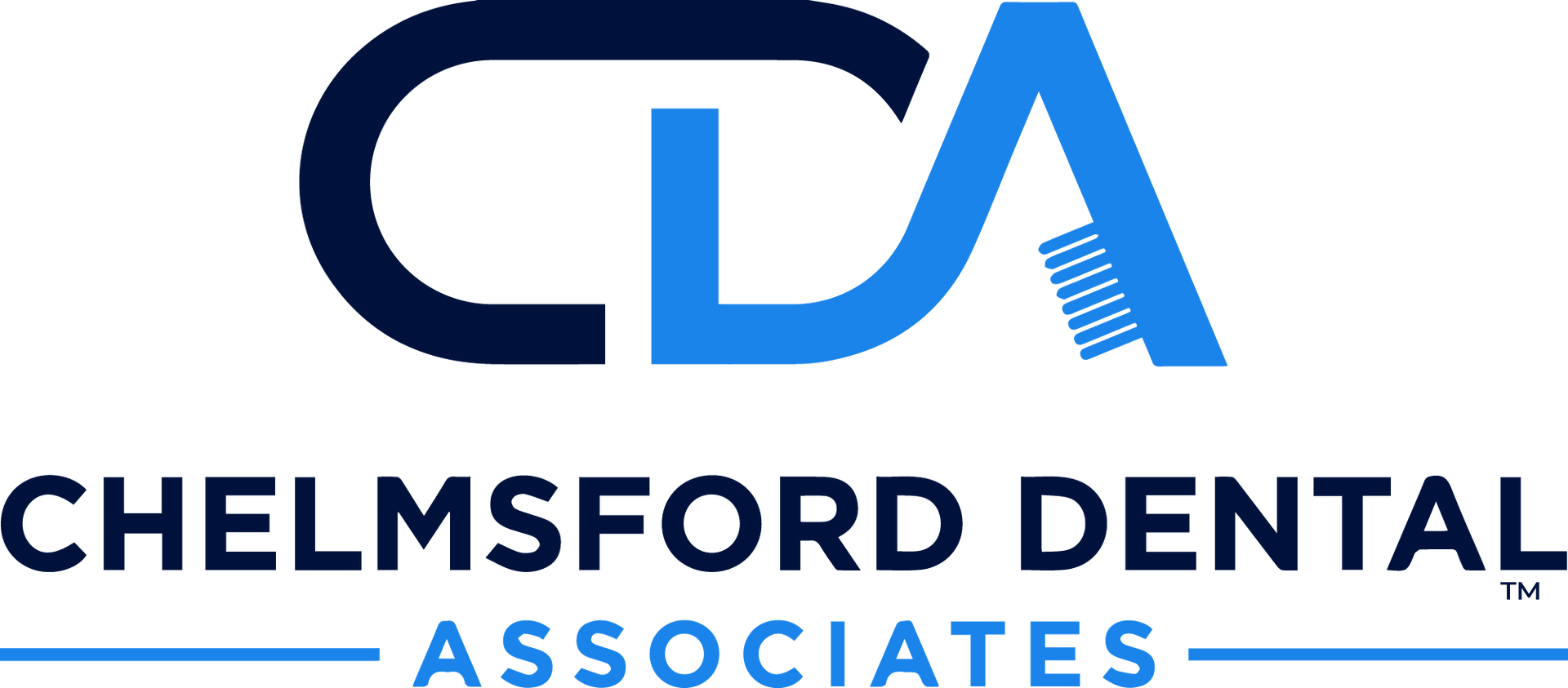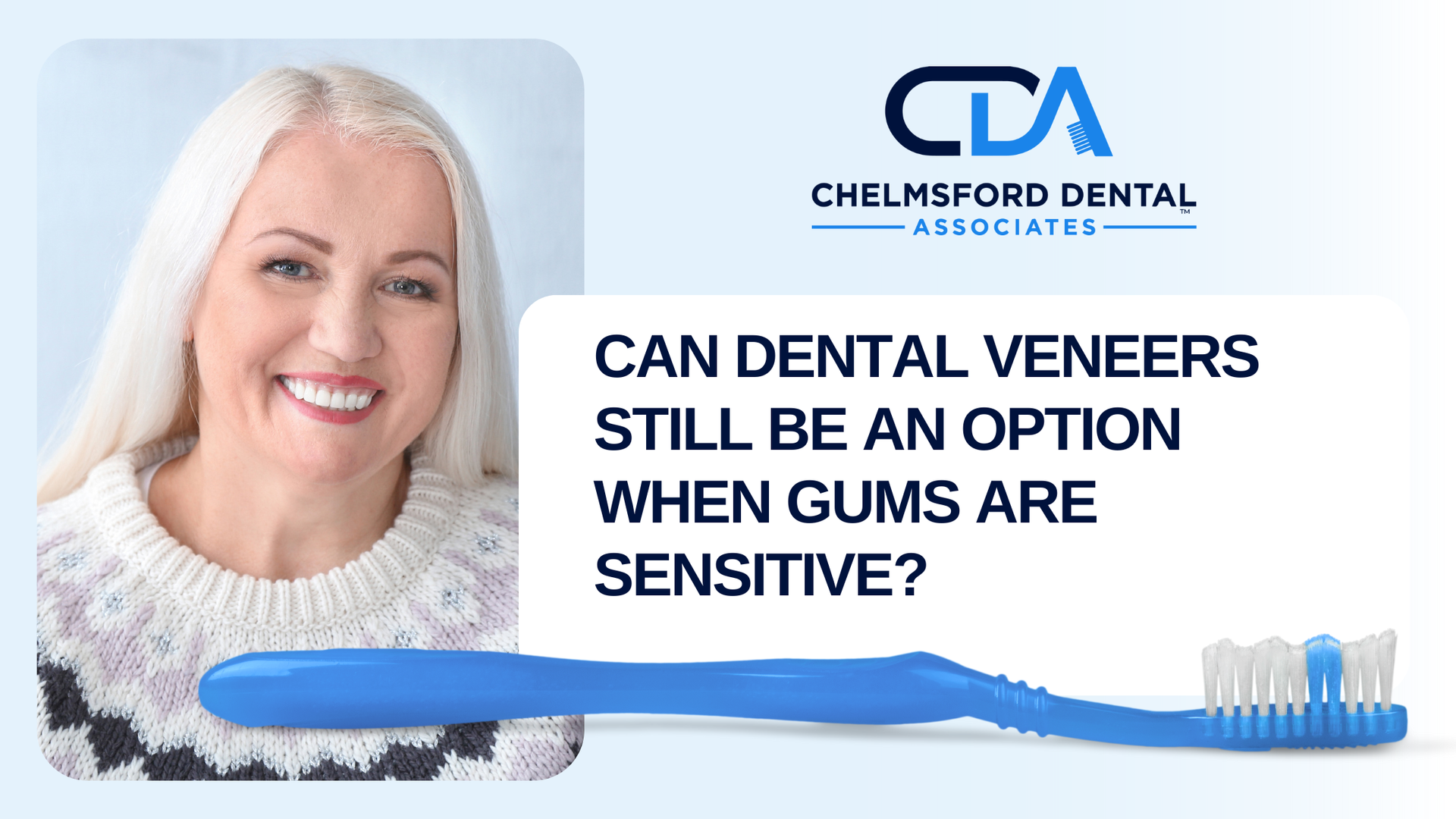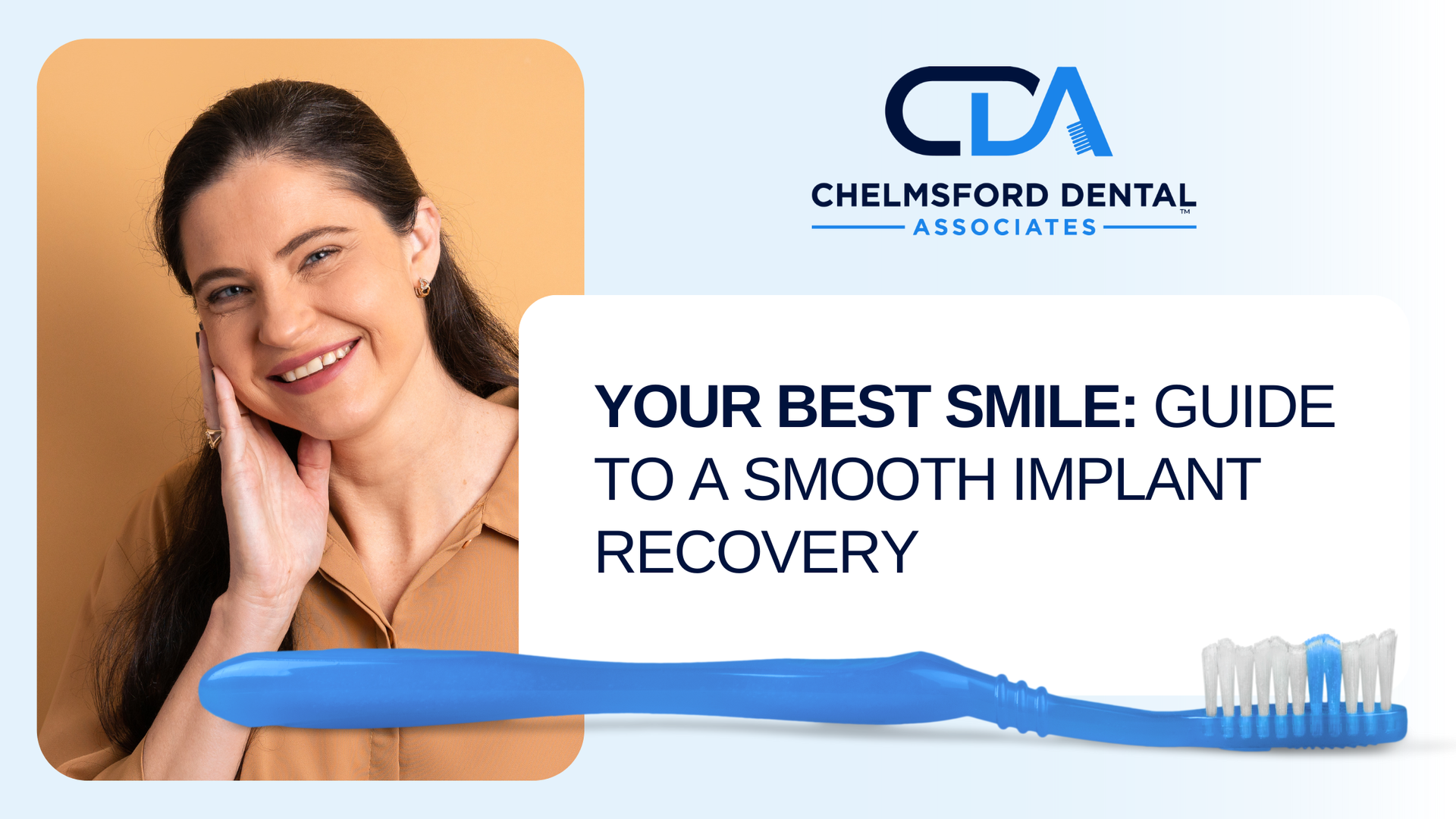The Ultimate Guide to Cavities: Causes, Symptoms, and Prevention Tips
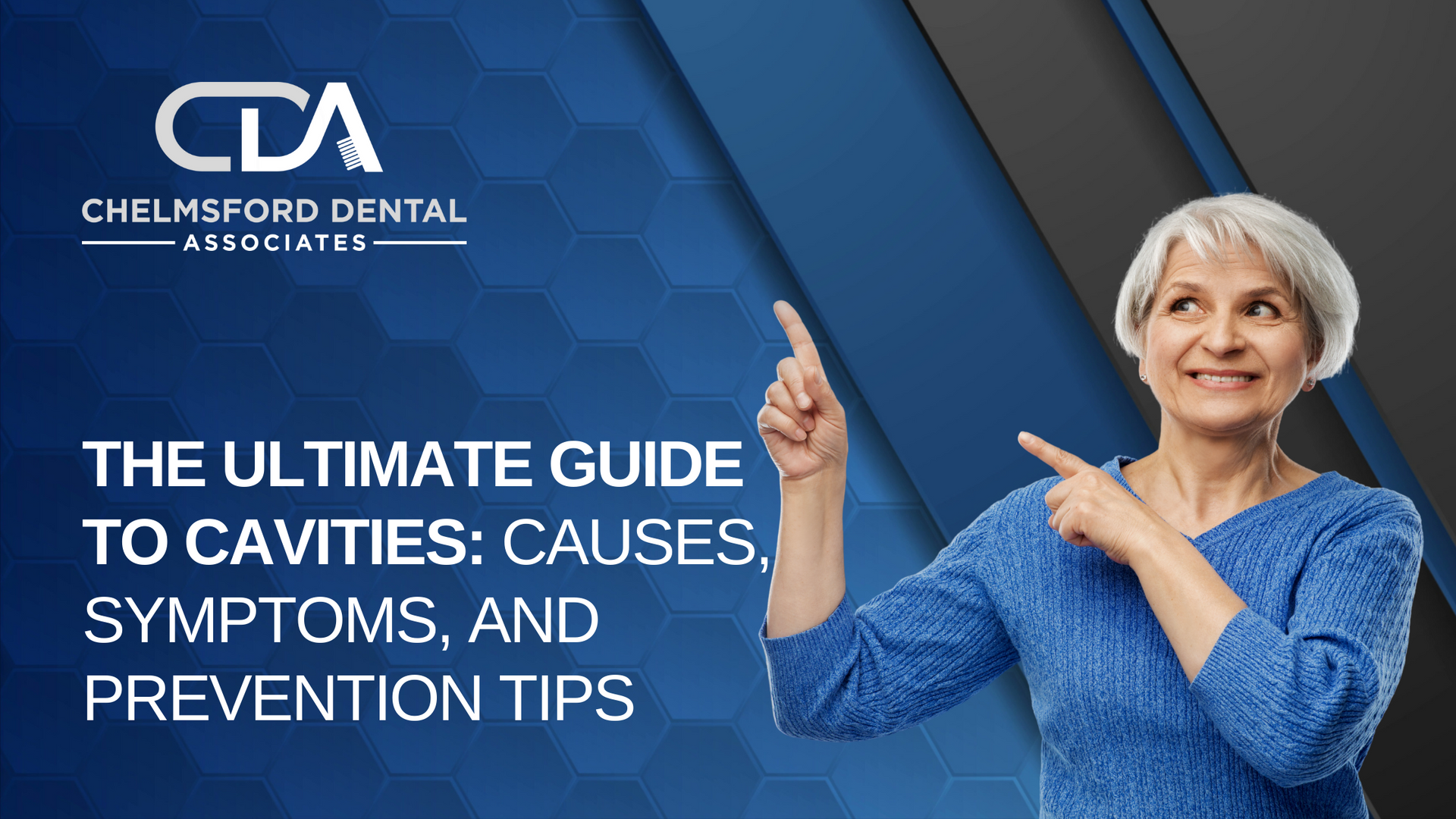
Source: Dr. Marketing
Every patient has encountered a cavity once, twice, or several times in their lives and they are one of the primary oral concerns that a dentist looks for during a regular checkup. While you might not necessarily feel any discomfort in your mouth, that is no reason to believe that all of your teeth are free of cavities. At Chelmsford Dental Associates, our team has explained how you can identify cavities, effectively treat them with the help of our dentists, preventative steps to follow, and more.
What are cavities?
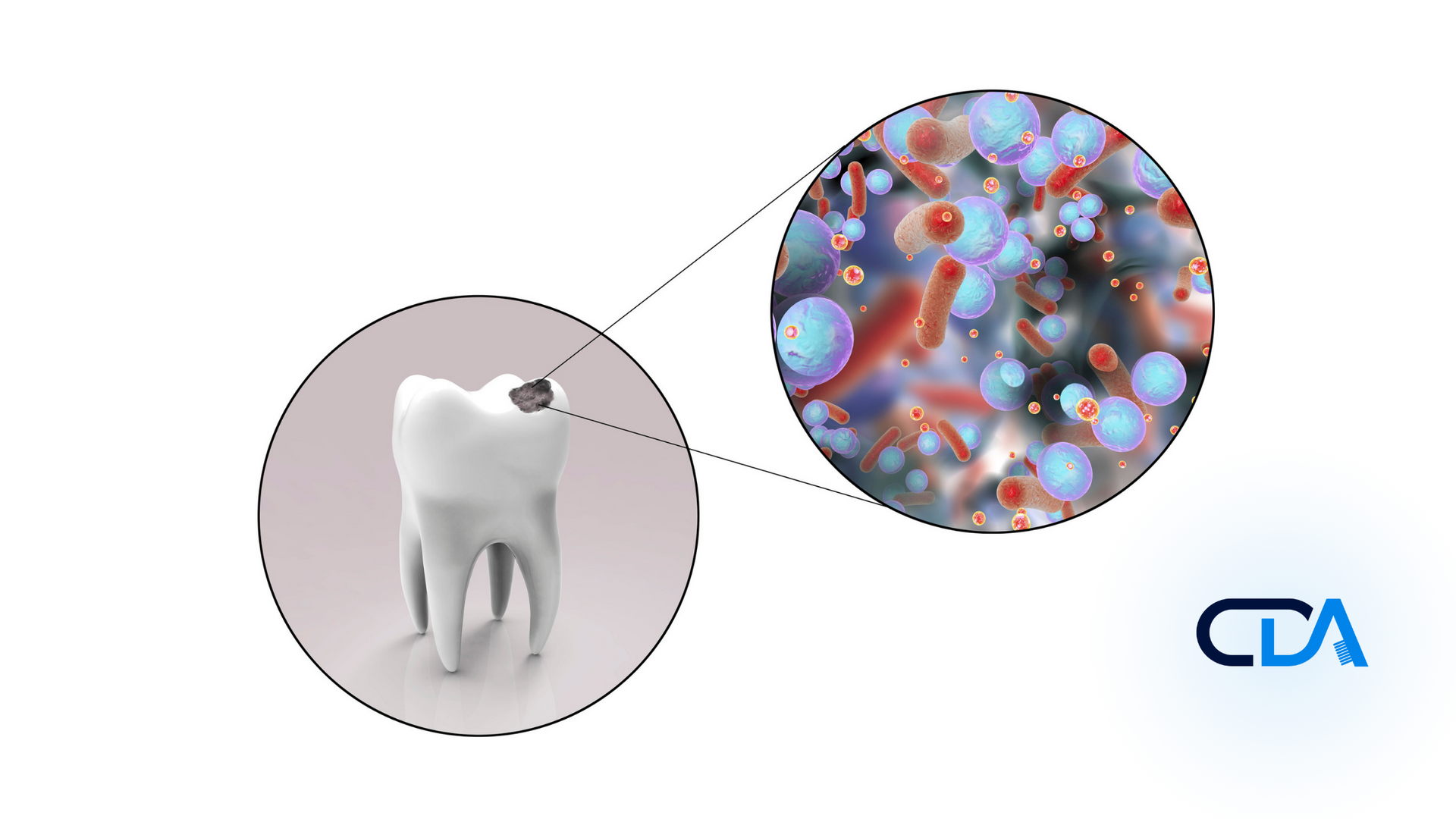
A cavity is the result of tooth decay, which can affect the outer coating of a tooth (enamel) or the inner layer (dentin). Symptoms of a cavity are determined by its size and precisely where it is within your mouth. Again, you might not experience any symptoms initially, but they do worsen as the cavity gets larger. A few common symptoms to be wary of are:
- Pain or toothache that occurs without warning
- Sensitive teeth
- Discomfort when you eat or drink sweet, hot, or cold foods and beverages
- Holes or pits in your teeth
- Pain as you bite down
- Black, white, or brown tooth stains
Why do we get cavities?
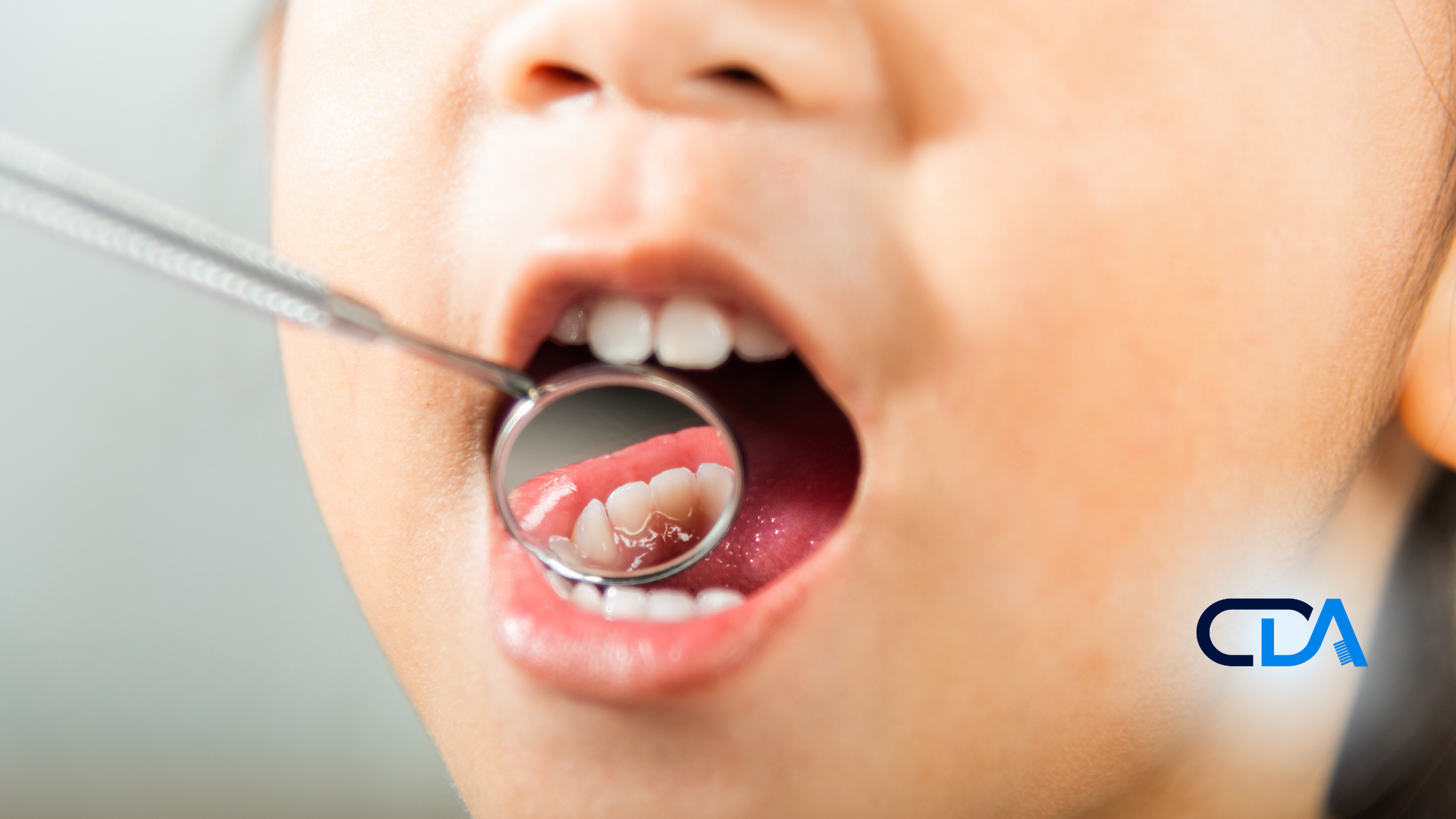
Foods with carbohydrates, such as bread, milk, soda, fruit, cake, cereal, or candy, can remain on your teeth and eventually cause decay. Bacteria in your mouth produce acid from these foods. Those bacteria and acid, in addition to food debris and your saliva, form a plaque that clings to your teeth. Acids within the plaque dissolve the enamel and create the holes that we refer to as cavities.
Although children might appear to be the most likely to get cavities, your mouth changes as you age and cavities can become an issue in adulthood. With age, your gums pull away from the teeth and that can also be a consequence of gum disease. Afterward, the roots of your teeth are exposed to plaque and if you tend to eat plenty of sugary or high-carb foods, you are already more vulnerable to cavities.
At times, older adults may experience decay around the edges of fillings, while seniors often require a lot of dental work due to insufficient fluoride or proper oral healthcare when they were younger. These fillings can weaken and break over time because bacteria forms in the gaps, producing decay.
Factors that can increase your risk of cavities
There are a few things that can certainly increase your risk of cavities:
Clingy Foods & Drinks
Sugar, soda, ice cream, milk, cereal, and chips are just a few examples of foods that are more likely to stick to your teeth and cause decay.
Inadequate Fluoride
Often found in toothpaste, mouthwash, and perhaps tap water, fluoride is an essential mineral that helps to prevent cavities and potentially undo early tooth decay.
Poor Brushing
Failing to brush your teeth after eating and drinking allows plaque and decay an opportunity to form.
Tooth Location
Your back teeth (molars and premolars) are the most likely to experience decay because they have many grooves, pits and crannies, and numerous roots that can collect food particles. This makes them tougher to keep clean.
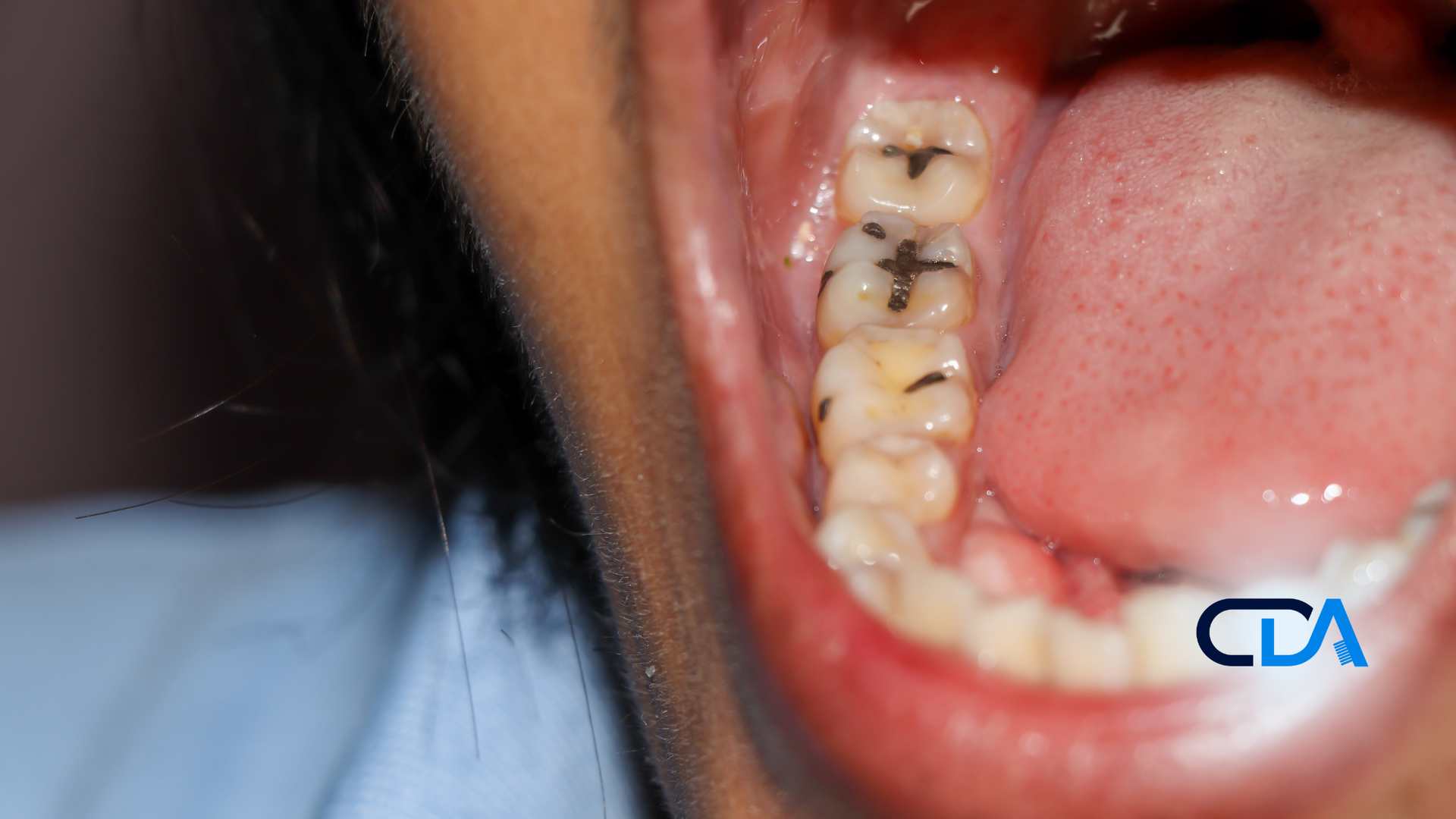
Dry Mouth
Saliva washes out food and plaque from your teeth, working to prevent tooth decay.
Acid Reflux Disease
Having this condition, stomach acid is forced into your mouth, wearing down your teeth and causing cavities.
Eating Disorders
Repeatedly throwing up can cause the stomach acid to dissolve your tooth enamel, leading to possible cavities.
Bedtime Infant Feeding
As babies are given bedtime bottles filled with milk, formula, juice, or other liquids containing sugar, these beverages stay on their teeth for hours while they sleep. Their teeth are left with bacteria that can cause decay during this time.
Weakened Fillings & Dental Devices
Dental fillings can wear down and develop rough edges over time. Plaque can build up more easily because of this and become a challenge to remove. And dental devices can stop fitting properly, which invites decay to begin forming beneath them.
How serious is it when you have a cavity?
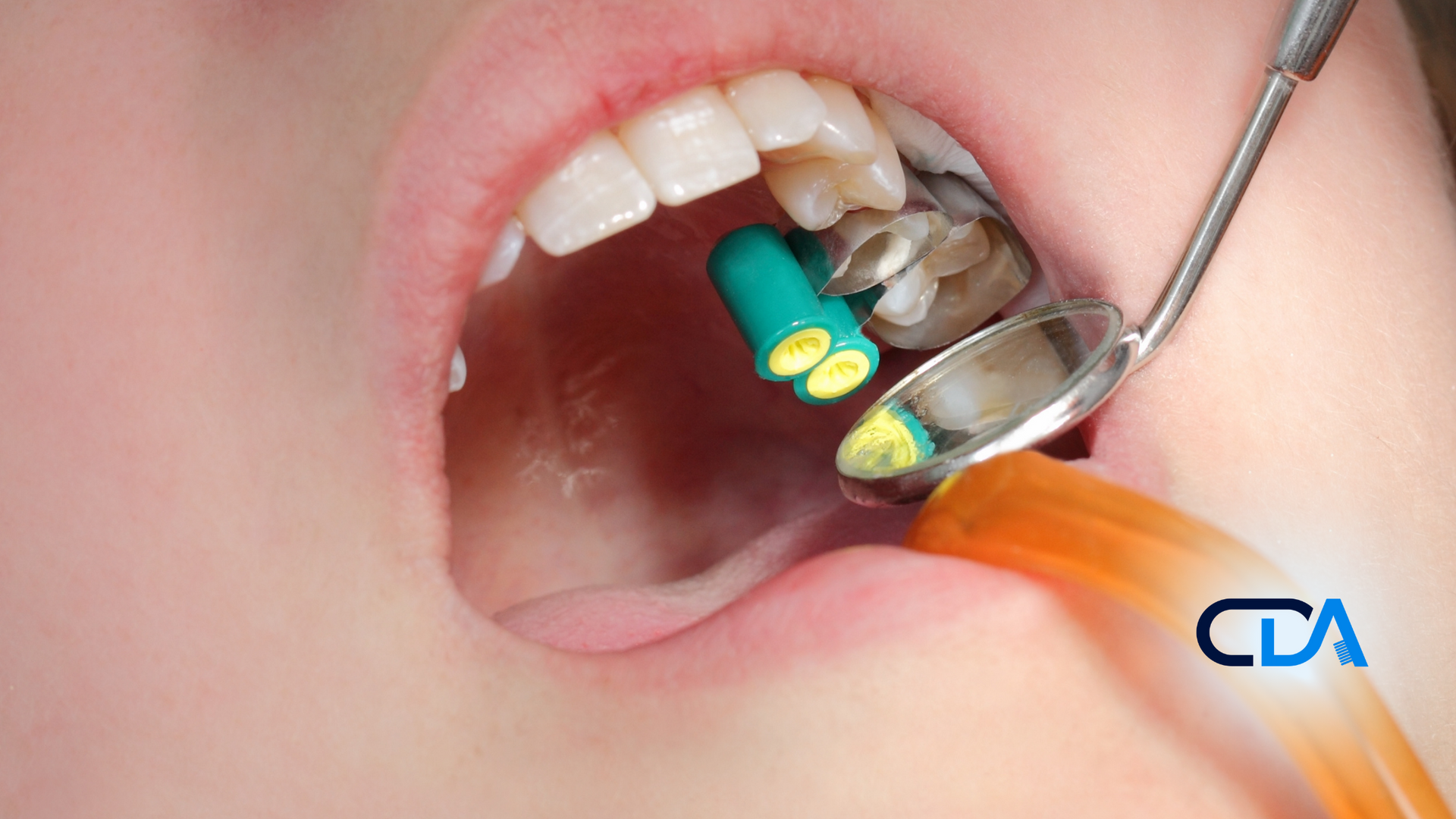
Cavities can start as a minor concern and they can remain in that state if you routinely visit your dentist and follow ideal oral health routines. However, they should be treated seriously because of their ability to create long-term complications, including discomfort, a pocket of pus caused by a bacterial infection (abscess), tooth decay, chewing difficulties, and tooth loss.
How are cavities diagnosed?
Regular checkups and cleanings from your dentist will allow him or her to find any cavities. Typically, they will utilize X-rays to look between your teeth and probe your teeth to identify soft spots, confirming whether or not you have a cavity that needs to be treated.
What treatment is available?
If you are experiencing severe discomfort while awaiting your dental appointment, ask our dentists in Chelmsford, Massachusetts if you can take an over-the-counter medicine. Also, you can brush your teeth with warm water, use toothpaste specifically made for sensitive teeth, and avoid foods and drinks that are hot, cold, or sweet.
Your treatment will depend on how worrisome the cavity itself is, but the dentist usually removes the decayed portion of your tooth with a drill. These are the tooth-repair options that you will have:
Dental Filling
Dental fillings are the most common treatment option for cavities. Using a filling made of a silver alloy, porcelain, gold, or composite resin, our dentist will simply fill in the hole. All of these materials are safe and rarely do patients experience allergic symptoms to fillings.
Crowns
When a tooth is excessively decayed and very little healthy enamel is left, a dentist will use a crown. First, they will remove and repair the damaged portion, then carefully fit a crown made out of gold, porcelain, or porcelain fused to metal over the remainder of the tooth.
Our practice has invested in the latest technology to provide our patients with high-quality dental crowns. At Chelmsford Dental Associates, we offer CEREC® 1 day dental crowns.
Root canal
A root canal might be necessary if your tooth's root or pulp is entirely dead or negatively impacted to the point that it cannot be repaired. Your dentist will remove the nerve, blood vessels, tissue, and decayed portions of the tooth. They will then fill in the roots with a sealing material and determine whether you also need a crown to cover the filled tooth.
Prevention Options: How To Stop Getting Cavities

A few good oral healthcare patterns can easily help you prevent tooth decay and cavities, like brushing twice per day with a toothpaste that includes fluoride, flossing your teeth at least once daily, rinsing daily with a mouthwash that contains fluoride (certain rinses even offer antiseptic ingredients that work to kill bacteria which cause plaque), speaking with your dentist about using supplemental fluoride that strengthens your teeth, asking your dentist about dental sealants (a plastic protective coating) applied to the chewing surfaces of your back teeth (molars) to protect them from possible decay, considering antibacterial treatments, learning about combined treatments (for example, chewing xylitol-based gum combined with prescription fluoride and an antibacterial rinse can decrease the risk of cavities), drinking fluoridated water, eating a healthy and balanced diet (fresh fruits and vegetables actually increase saliva flow and help with tooth cleanliness), limiting the number of snacks that you eat, and scheduling regular checkups and cleanings with our dentists in Chelmsford, Massachusetts.
Cavities can cause several issues when you neglect them, especially if you are making poor decisions that relate to your oral health. Please contact our team at Chelmsford Dental Associates by calling (978) 256-2561. Together, we can ensure that each one of your teeth is in good health and without cavities.
Don't delay – let us help you achieve a healthy, confident smile!
